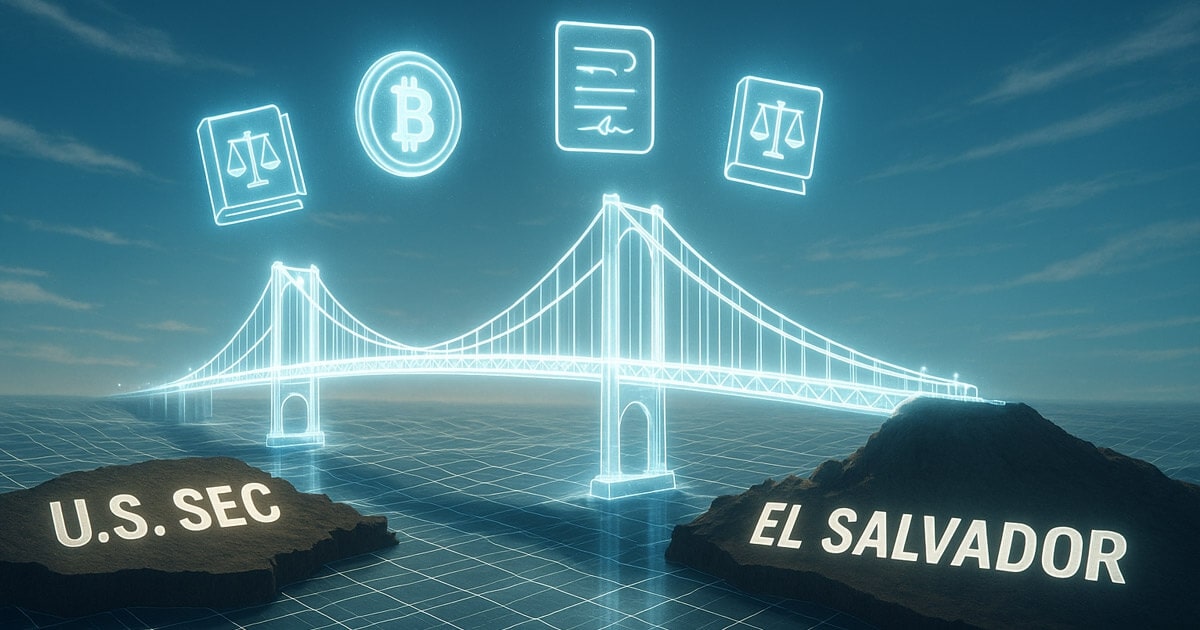SEC’s Crypto Custody Roundtable: Digital Asset Safekeeping Future in the Limelight

Key Takeaways:
- The SEC hosted a public roundtable, “Know Your Custodian: Key Considerations for Crypto Custody.”
- Crypto asset safekeeping risks, legal frameworks, and technical nuances were debated.
- Institutional custody, investor protection, and regulatory clarity were at the heart of discussions.
- Participants from the industry called for further clear SEC guidelines on qualified custodians and crypto-specific parameters.
- The conversation is the SEC’s first attempt to proactively shape crypto custody regulations.
Introduction: A Well-Timed Conversation
The U.S. Securities and Exchange Commission (SEC) hosted regulators, legal practitioners, digital asset custodians, and crypto industry leaders for a public roundtable titled “Know Your Custodian: Key Considerations for Crypto Custody.” The session is timely for digital asset markets as regulatory attention to crypto custody arrangements continues to heighten globally.

Crypto Custody: Why It Matters
Crypto custody is the process of keeping digital assets in safekeeping for customers, whether individuals, funds, or corporations. Unlike traditional assets kept in banks or brokerage accounts, cryptocurrencies are secured through private keys — a technical vulnerability if not well managed.
In the roundtable, SEC Chair Paul Atkins and Commissioner Hester Peirce pointed out how crypto custody is very different from traditional asset custody:
- Irrevocable transfers: Once private keys are compromised or transactions are conducted, there’s no reversal.
- Technical complexity: Wallet management, multi-signature controls, and hot vs. cold storage pose operational risk.
- Evolving legal standards: U.S. regulations still lack a complete framework for what makes a compliant crypto custodian.
These factors, combined with a volatile market environment, underscore the need for robust oversight in custody services.
Institutional Custody and Qualified Custodian Debate
A key topic of discussion was the meaning of a “qualified custodian” of digital assets under the Investment Advisers Act of 1940. Current rules, written years prior to the advent of crypto, have created uncertainty regarding whether or not crypto-native custodians are satisfactory from a legal standpoint. The SEC’s proposed Custody Rule amendments this year added requirements but were faulted for lacking clear crypto-specific guidance.
Institutional participants, such as venture firms and fund managers, urged regulators to recognize specialized digital asset custodians that have demonstrated technical expertise and third-party audits.
Without qualification standards, both clients and custodians face legal uncertainty, putting asset security and regulatory sanctions at risk.
Crypto Custody Risks Unlike Any Other
The roundtable also identified operational and systemic risks in digital asset custody:
- Cybersecurity risk: Hacking is an ongoing threat, especially for hot wallets that are connected to the internet.
- Loss of private keys: Assets can be permanently lost when a custodian loses access credentials.
- Insolvency protection: Clarity on what happens to client crypto assets if a custodian becomes insolvent is required.
- Market concentration risks: The oligopoly of crypto custody would bring single points of failure.
Among the suggested measures was the implementation of mandatory insurance policies to cover potential losses arising from cyberattacks, theft, or operational failures. Additionally, speakers emphasized the importance of strict segregation between customer assets and custodians’ own holdings, ensuring that client funds remain protected even in cases of insolvency or mismanagement. The roundtable also highlighted the need for more frequent third-party audits and stricter cybersecurity requirements, aimed at reinforcing operational integrity and boosting investor confidence in the safekeeping of digital assets.
Industry Feedback: What Custodians Need From the SEC
Crypto custody companies attending the session, including Anchorage Digital, Coinbase Custody, and BitGo representatives, called for greater clarity in technology-driven regulation.
Participants called for a modern legal framework tailored to blockchain, regulatory alignment across federal and state levels, and balanced rules that safeguard innovation. Custodians warned that over-regulation could push crypto services abroad, weakening U.S. market competitiveness and investor protections.
Crypto Custody on the Move: SEC’s Next Regulatory Steps
Chair Atkins indicated that the SEC will take into account public input on its Custody Rule proposal and continuing industry consultation through working groups and advisory committees. No specific decisions were disclosed, but signs point to:
- Revisions in qualified custodian standards for crypto being possible.
- More reporting and disclosure requirements being likely.
- More formal oversight of crypto custody activities within SEC jurisdiction being likely.
Most notably, Atkins reaffirmed the agency’s dual goals of investor protection and the creation of a safe, innovation-friendly financial ecosystem.
More News: SEC Issues Guidance on Proof-of-Work Mining and Securities Regulation
The post SEC’s Crypto Custody Roundtable: Digital Asset Safekeeping Future in the Limelight appeared first on CryptoNinjas.
